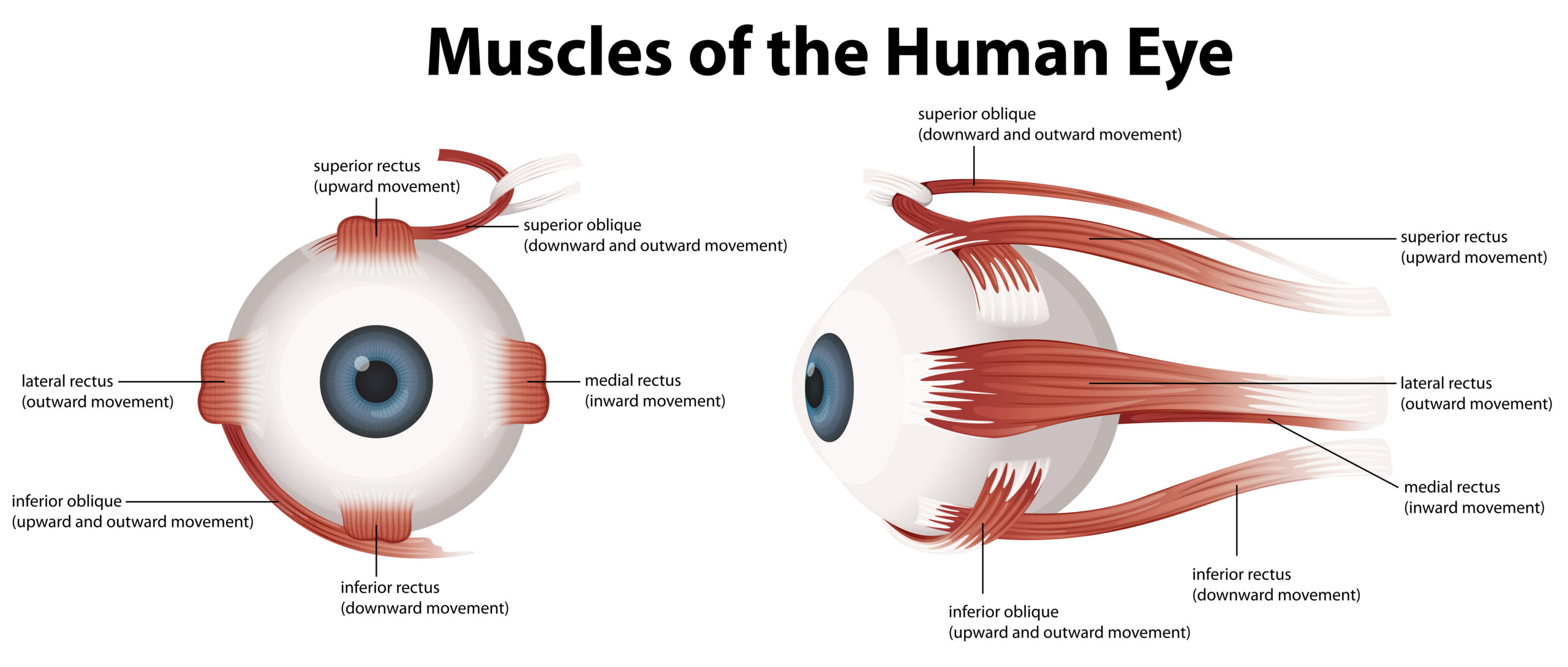Table of Contents

At a glance: Cataracts
Early Symptoms: None
Later Symptoms: Blurry vision, colours that seem faded, sensitivity to light, trouble seeing at night, double vision
Diagnosis: Dilated eye exam
Treatment: Cataract Surgery
Introduction
Discover the transformative effects of cataract surgery by comparing patient situations before and after the procedure. Learn how this simple surgery can significantly improve vision and quality of life.
Cataracts are a common eye problem that affects almost all people at some point in their life. A cataract is a clouding of the lens in the eye, which can cause vision to become blurry, distorted, or dim. If left untreated, cataracts can lead to blindness. However, cataract surgery is a safe and effective procedure that can improve vision and quality of life for those who suffer from this condition.
In this article, we will compare the patient experience before and after cataract surgery.
How successful is Cataract Surgery?
Cataract surgery is highly successful, with a strong track record of improving vision for those affected by cataracts. By utilising advanced techniques like phacoemulsification, the procedure is safe, outpatient, and boasts a high satisfaction rate. Patients typically experience significant vision enhancement, making cataract surgery a widely accepted and effective solution for reduced vision from cataracts.
Before Cataract Surgery
Before undergoing cataract surgery, patients may experience a number of symptoms related to cataract. These may include:
- Blurry or hazy vision: This is the most common symptom of cataracts, and it can make it difficult to see clearly, for example when driving or reading small print.
- Double vision: Patients with cataracts may experience double vision in one or both eyes.
- Poor night vision: Cataracts can make it difficult to see in low-light conditions, such as at night.
- Increased sensitivity to light: Patients with cataracts may experience discomfort or glare when exposed to bright lights.
- Fading or yellowing of colors: Cataracts can cause colors to appear less vivid or yellowish.
These symptoms can make it difficult for patients to perform daily activities, such as reading, driving, or watching TV. As cataracts progress, they can significantly impact a patient’s quality of life and ability to perform normal activities.
After Cataract Surgery
Cataract surgery is a relatively simple procedure that involves removing the clouded lens and replacing it with an artificial lens called an intraocular lens (IOL). After cataract surgery, patients may experience a number of benefits, including:
- Improved vision: Patients typically notice a significant improvement in their vision after cataract surgery. Colors may appear more vivid, and objects may appear sharper and more defined.
- Reduced dependence on glasses: In many cases, patients are able to reduce their dependence on glasses or contact lenses after cataract surgery.
- Improved night vision: Cataract surgery can improve a patient’s ability to see in low-light conditions, making it easier to drive at night or perform other activities in dimly lit environments.
- Enhanced quality of life: Patients who undergo cataract surgery often report an overall improvement in their quality of life, as they are able to perform daily activities more easily and with greater confidence. Reference:
- Reduced risk of falls and accidents: Poor vision is a common cause of falls and accidents, particularly in older adults. Cataract surgery can help reduce this risk by improving a patient’s visual function. Reference:
How do I decide if it’s time for Cataract Surgery?
Deciding on whether or not you are ready for cataract surgery depends on the extent to which it affects your daily activities and vision. If cataracts impede day to day tasks like reading or driving, and conventional aids such as glasses or contact lenses aren’t effective, it might be time for surgery. Consultation with an eye specialist is key to evaluating your individual situation and will help in weighing the benefits against potential risks.
Conclusion
In conclusion, cataract surgery can significantly improve a patient’s vision and quality of life. If you are experiencing symptoms related to cataracts, such as blurred vision or difficulty seeing at night, it may be time to consider cataract surgery. Talk to your eye doctor to learn more about the benefits of cataract surgery and whether it is right for you.
Author Bio
Dr. Parth Shah is a leading ophthalmologist in Canberra, specialising in cataract surgery. With extensive training and experience, he’s renowned for his expertise in the field. Dr. Shah is dedicated not only to performing successful surgeries but also to patient education. His compassionate approach, combined with technical proficiency, has earned him the trust and gratitude of countless patients. He’s a true advocate for eye health and a trusted name in the Canberra ophthalmology community.













